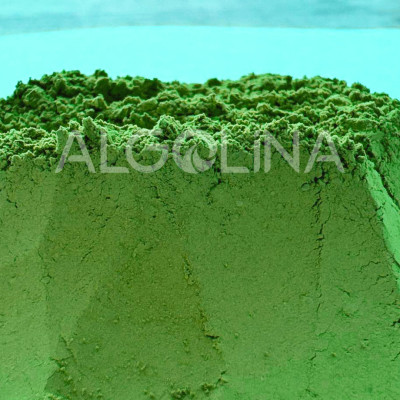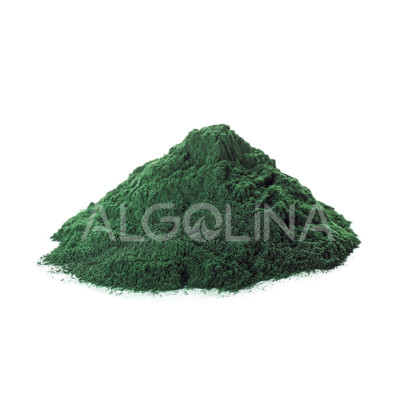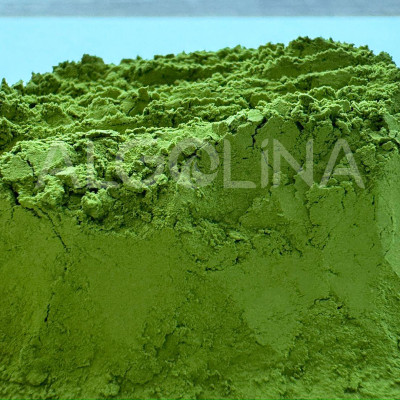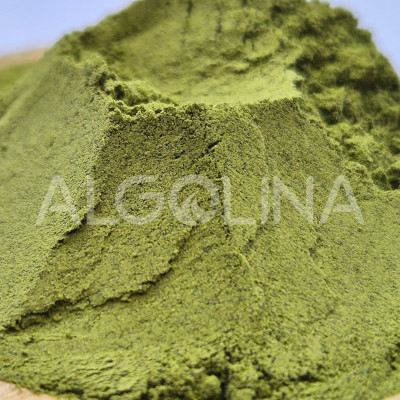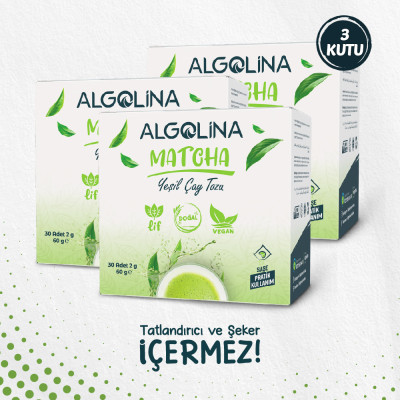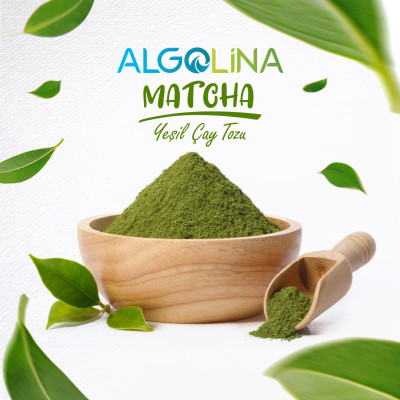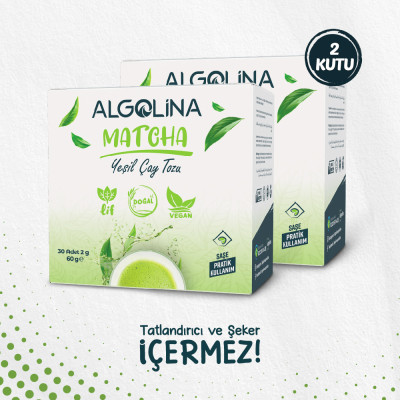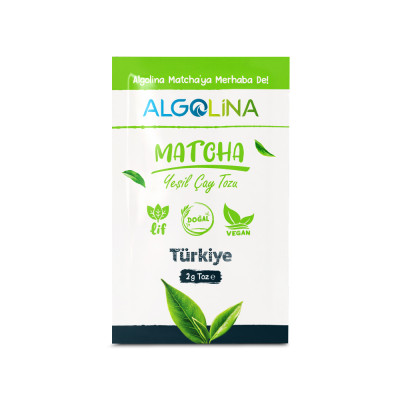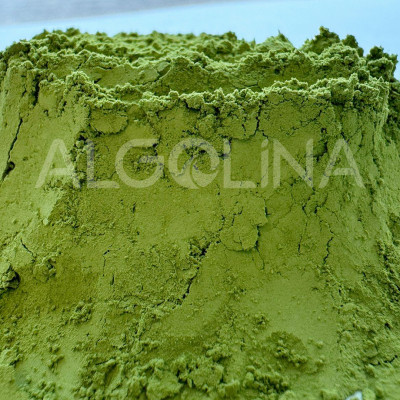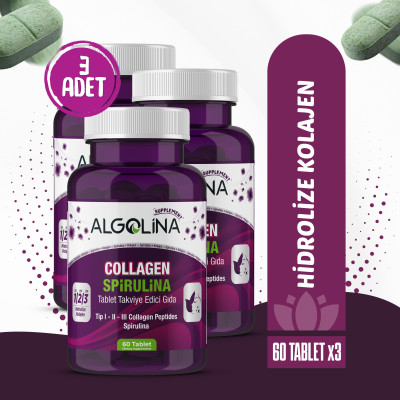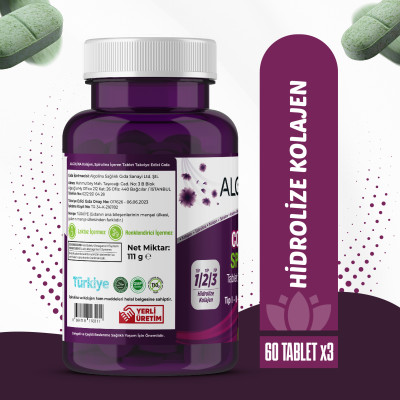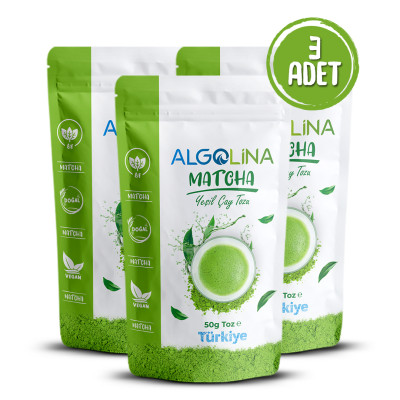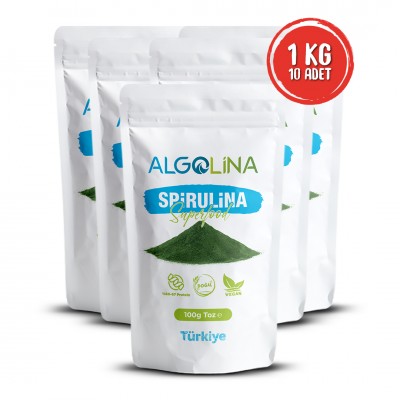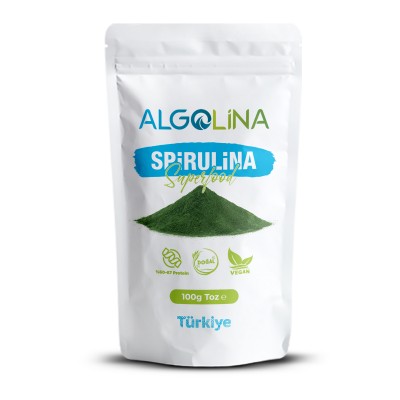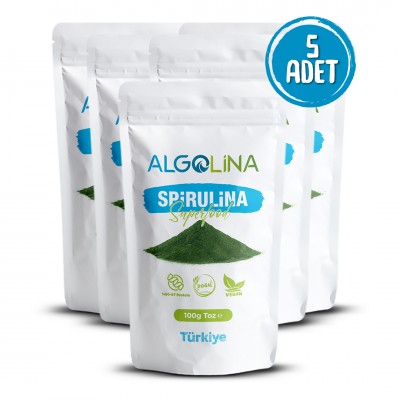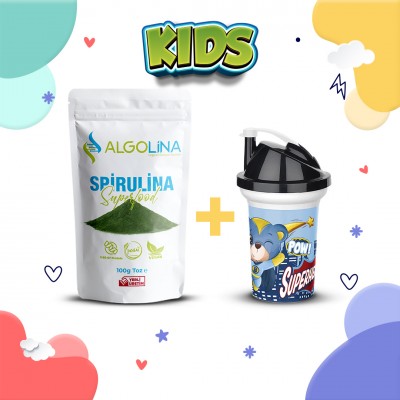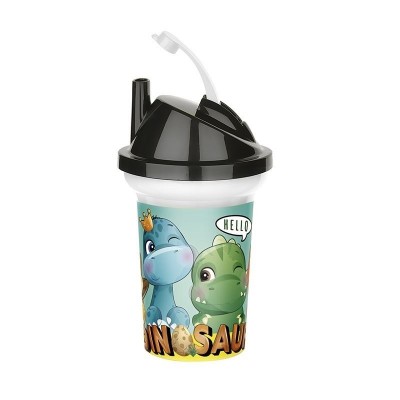Sporcu Nasıl Beslenmeli?
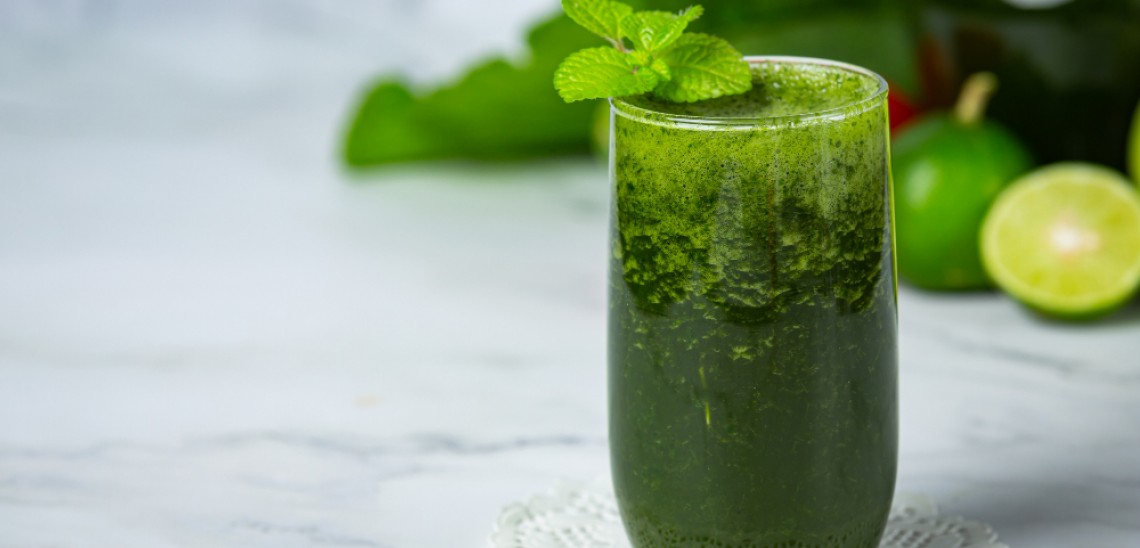
Fitness Sporcu Beslenmesi
Sporcu beslenmesi, fiziksel aktivitenin performansını etkileyen çok önemli bir faktördür. Sporcuların yeterli ve dengeli beslenme alışkanlıkları olması, performanslarını artırabilir ve spor yaralanmalarının önlenmesine yardımcı olabilir.
Sporcu diyetleri, kalori ihtiyaçlarına, spor disiplinlerine ve antrenman sürelerine göre özelleştirilmelidir. Yüksek kalori içeren ancak besleyici değeri düşük gıdalardan kaçınılmalıdır. Bunun yerine, protein, karbonhidrat ve sağlıklı yağlar açısından zengin gıdalar tercih edilmelidir.
- Protein
Sporcular için kas onarımı ve büyümesi için gereklidir. Bu nedenle, et, balık, tavuk, yumurta ve süt ürünleri gibi protein açısından zengin gıdalar tüketilmelidir. Karbonhidratlar, sporcuların enerji kaynağıdır ve pirinç, makarna, patates ve tam tahıllı ekmek gibi karbonhidrat açısından zengin gıdalar tüketilmelidir.
- Sağlıklı Yağlar
Sporcuların hormonal düzenlemeleri ve vücut fonksiyonları için önemlidir. Avokado, ceviz, badem, keten tohumu, zeytin yağı ve balık yağı gibi sağlıklı yağlar içeren gıdalar tüketilmelidir.
- Sıvı Tüketimi
Ayrıca, sporcuların sıvı ihtiyacı da normal bireylerden daha fazladır. Terleme yoluyla kaybedilen sıvıların yerine konulması için su, elektrolit içecekleri ve meyve suları gibi sıvılar tüketilmelidir. Bunun yanında ayrıca sipurulina tozları da takviye edici içecek olarak kullanılabilir.
Sonuç olarak, sporcuların yeterli ve dengeli bir diyetle beslenmeleri, performanslarını artırabilir ve yaralanma riskini azaltabilir. Sporcu beslenmesi, sporcuların ihtiyaçlarını karşılayacak şekilde özelleştirilmelidir. Bu nedenle, sporcuların bir diyetisyen veya beslenme uzmanıyla danışmaları önerilir.
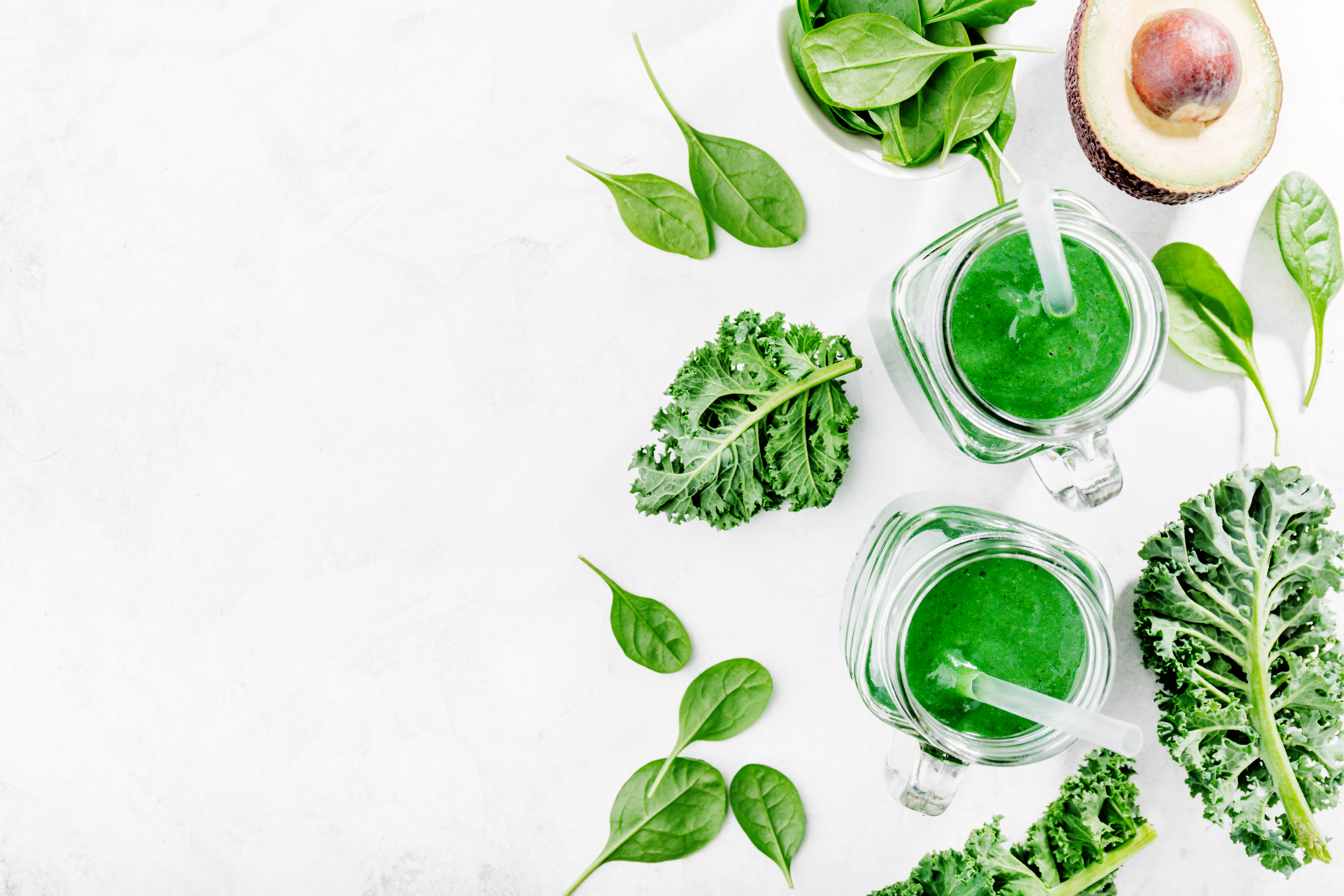
Spor Yapan Genç Nasıl Beslenmeli?
Spor yapan gençlerin beslenmesi şu maddelerle açıklanabilir:
Yeterli Miktarda Protein Alımı
Spor yapan gençlerin kaslarının onarımı ve yeniden oluşumu için yeterli miktarda protein alması gereklidir. Gençlerin günlük protein ihtiyacı, vücut ağırlıklarının kilogramı başına 1-1,5 gram arasındadır.
Karbonhidrat Tüketimi
Spor yapan gençlerin enerji ihtiyacının büyük bir kısmını karbonhidratlar karşılar. Bu nedenle, egzersiz öncesi ve sonrasında karbonhidrat tüketimi önemlidir.
Su Tüketimi
Spor yapan gençlerin yeterli miktarda su içmeleri önemlidir. Egzersiz sırasında terleme ile vücuttan su kaybedilir, bu nedenle kaybedilen su miktarını geri almak için yeterli miktarda su içmek gereklidir. Su içmeyi sevmeyenler ise sipurulina içecekleri gibi sıvı takviye edici maddeleri tercih edebilir.
Vitamin ve Mineral Alımı
Spor yapan gençlerin vitamin ve mineral açısından dengeli bir beslenme programı takip etmeleri gereklidir. Özellikle, kalsiyum, D vitamini ve demir, spor yapan gençlerin ihtiyacı olan önemli minerallerdir.
Yağ Tüketimi
Spor yapan gençlerin yağ tüketimi de önemlidir. Ancak, doymuş yağların tüketiminden kaçınmak gereklidir.
Bir Sporcu Ne Yememeli?

Bir sporcu, sağlıklı ve dengeli bir diyetle beslenmeli ve vücudunun ihtiyaçlarını karşılamalıdır. Ancak, performansını olumsuz yönde etkileyecek bazı yiyeceklerin tüketiminden kaçınmak gerekmektedir.
İşte sporcuların tüketmekten kaçınması gereken bazı yiyecekler:
- Şekerli ve İşlenmiş Yiyecekler
Şekerli yiyecekler, enerji seviyelerini yükseltse de, kısa sürede kan şekeri seviyelerinin düşmesine neden olur ve spor performansınızı olumsuz yönde etkileyebilir. İşlenmiş yiyecekler de aynı şekilde kan şekerini yükseltir ve birçok sağlık sorununa yol açabilir.
- Yüksek Yağlı Yiyecekler
Aşırı yağlı yiyecekler sindirim sisteminizi yavaşlatabilir ve spor performansınızı etkileyebilir. Yağlı yiyeceklerin aynı zamanda vücuttaki inflamasyonu arttırdığı ve kolesterol seviyelerini yükselttiği bilinmektedir.
- Fast Food
Fast food, genellikle yüksek kalorili ve yağlı yiyecekler içerir. Ayrıca, fast food zincirleri genellikle tuz ve şeker miktarını arttıran yiyecekleri tercih ederler. Bu yiyecekler, sporcuların performansını etkileyebilecek zararlı bileşenler içerebilir.


